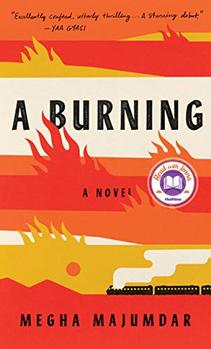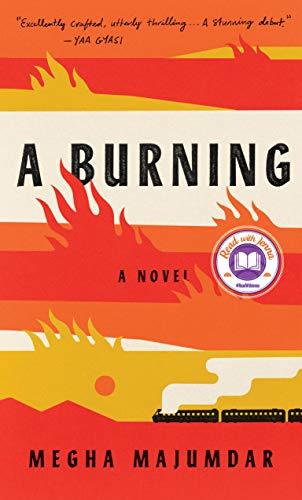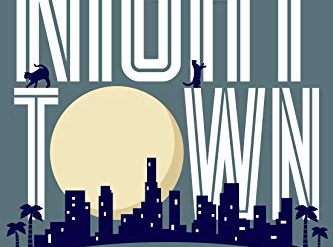
Few of us who live in comfortable circumstances—or just about anyone else, in fact—in the Global North can fully appreciate the impact of poverty and official corruption that runs rampant in so many of the nations clustered in Asia, Africa, and Latin America. This is the reality the debut novelist Megha Majumdar lays bare in A Burning, her riveting account of the consequences that flow from a terrorist act and India’s prevailing Hindu nationalism for three aspiring lower-class individuals in today’s Kolkata (Calcutta).
A young woman reacts to official indifference to a terrorist act
In A Burning, the lives of three young Bengalis intersect in tragic and illuminating ways. Terrorists have torched a train halted at a station, and more than a hundred have died a terrible, fiery death. We are led to believe that the terrorists are Hindu nationalists and the victims predominantly Muslim. A young woman named Jivan posts a complaint on Facebook about the death of one of the victims that “policemen paid by the government watched and did nothing while this innocent woman lost everything. . . Doesn’t that mean that the government is also a terrorist?” Naturally, Jivan is arrested as an accomplice. After being beaten, she signs a confession at the police station.
A Burning by Megha Majumdar (2020) 288 pages @@@@@ (5 out of 5)
Three young Bengalis aspiring to a better life
For Majumdar’s two other subjects the terrorist act is merely background news. A hijra named Lovely is preoccupied with becoming a film star and has enrolled in an acting class. (In South Asia, hijras represent a third gender, including eunuchs, transgender, and intersex people.) Lovely knows Jivan and can’t believe the woman is guilty. And PT Sir—the PT stands for Physical Training, which he teaches at a private girl’s school—recognizes Jivan from press accounts and remembers her as a promising athlete on a scholarship at his school.
The poison of Hindu nationalism
In all three cases, like hundreds of millions of others throughout the poorer nations of the world, Jivan, Lovely, and PT Sir aspire to the middle-class life that has been barred to their families. Jivan works as a clerk in a clothing store and is convinced she’ll soon be promoted to senior clerk. Lovely never wavers from her dream of film stardom and is desperate to catch a break. And PT Sir finds opportunities opening up for him when he wanders into a rally for a right-wing Hindu nationalist political party and catches the eye of a leading politician. And what both Lovely and PT Sir find they must do to advance their careers will in the end have tragic consequences for Jivan.
Like few other works, nonfiction or not, A Burning exposes the harsh reality of life in India today for the overwhelming majority of its 1.2 billion people at a time when Hindu nationalism is in the ascendancy.
What one literary critic wrote about this novel
If you’re familiar with these reviews, you must be aware that I complain about literary critics from time to time. And I can’t resist adding a note here about a review that appeared in the June 8 & 15, 2020 issue of The New Yorker by one James Wood. Following is a sentence—just one sentence, mind you—in which Wood describes a novel by William Faulkner and later applies it to Megha Majumdar’s.
This novel, hovering somewhere between the older epistolary structure and pure dramatic monologue—between correspondence and a playscript—becomes magically liberated from the more burdensome narrative machinery, that wheezing apparatus of persuasion and pastness.
Now, I defy you to explain to me what exactly this sentence means in twenty-five words or less of plain English. Take fifty, or even a hundred, if you must. FYI, the sentence in question contains thirty-four words. And I would ask, do you now understand why I am so critical of the critics? (No, I do not consider myself a literary critic. I review books, period.) End of diatribe.
For further reading
For another excellent novel that touches on similar themes, see The Lives of Others by Neel Mukherjee (The human toll of social change).
You might also be interested in:
- 20 good books about India, past and present
- Good books about racism reviewed on this site
- Top 10 great popular novels reviewed on this site
- Third World poverty and economic development: a reading list
And you can always find my most popular reviews, and the most recent ones, plus a guide to this whole site, on the Home Page.


























